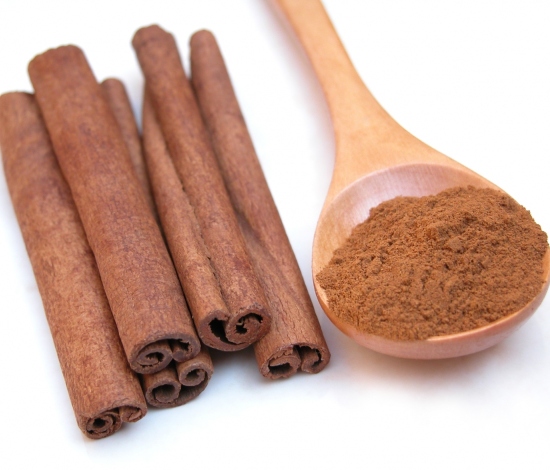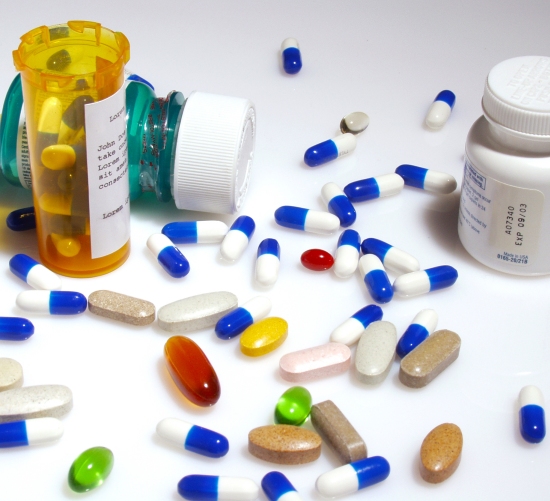Mayo Clinic listed a number of over-the-counter weight loss pills that claim to help one shed pounds, and assessed the OTC weight loss pills for efficacy and safety:
- Orlistat claims to work by preventing absorption of fats – the over the counter version is less effective than the prescription Xenical version.
- Bitter orange is supposed to increase calories burnt but there is insufficient evidence for this and is possibly unsafe.
- Chitosan is supposed to block absorption of fats consumed but this is not proven to work and has been called ‘possibly safe’.
- Chromium can build muscle, reduce appetite and increase caloric output it is claimed but there is insufficient evidence for this. It is likely to be safe.
- Conjugated linoleic acid (CLA) is supposed to replace body fat with muscle, and could possibly be safe and effective.
- Country mallow or heartleaf is supposed to curb appetite and increase calories burnt but there is insufficient evidence for this. Also this is deemed likely to be unsafe and has been banned by the FDA.
- Ephedra decreases appetite it is claimed and may be effective, but has been banned by the FDA as being likely unsafe.
- Green tea extract is not proven to satisfy claims of increasing metabolism but is deemed possibly safe.
- Gaur Gum may be possibly ineffective in blocking fat absorption and making one feel full but is likely to be safe.
- Hoodia is supposed to curb appetite but there is insufficient information available about its efficacy and safety.










